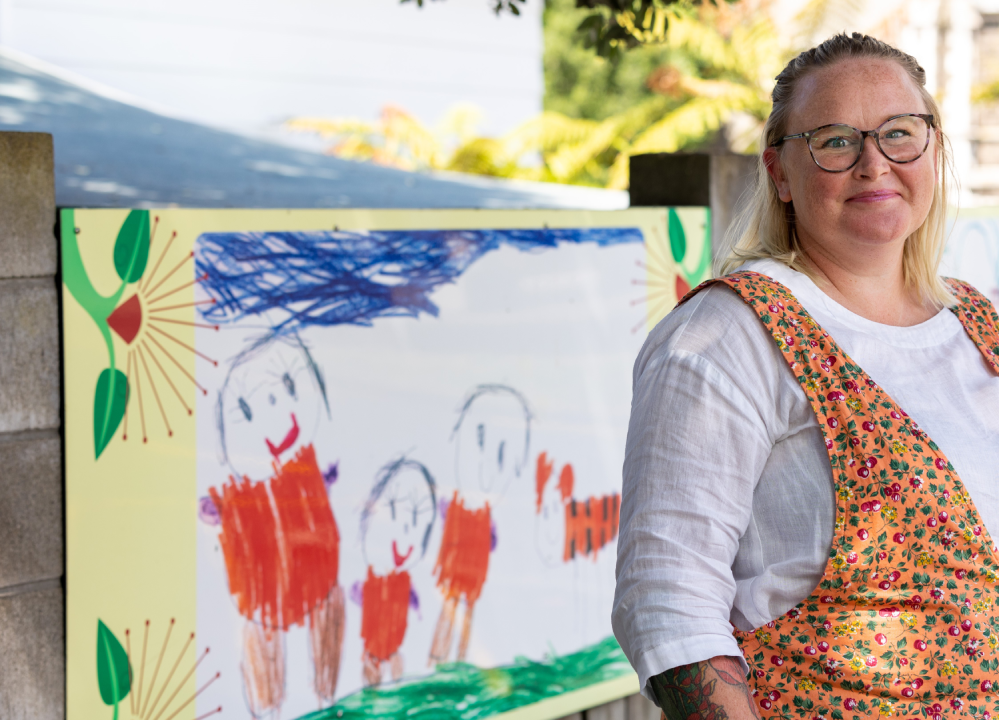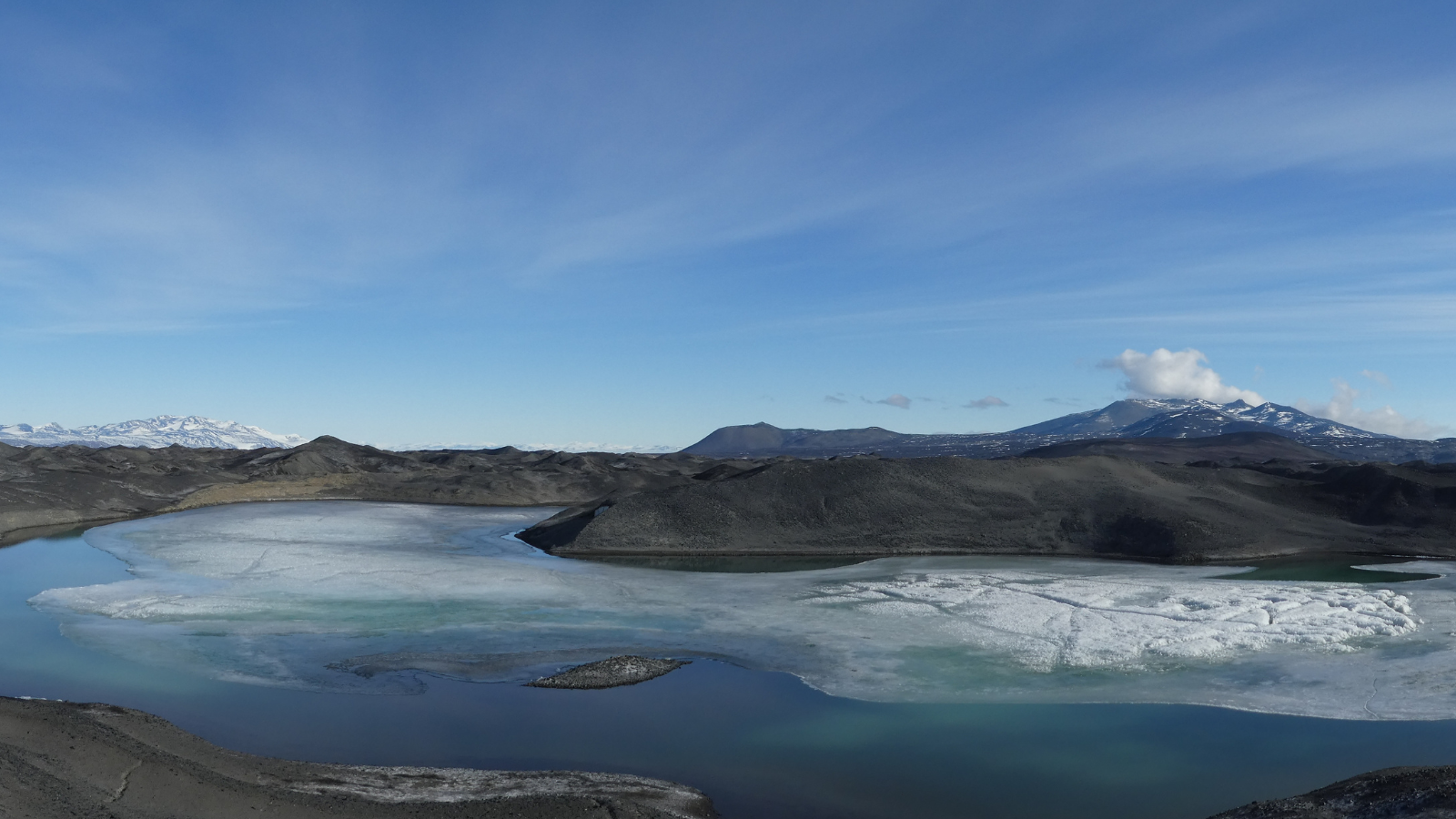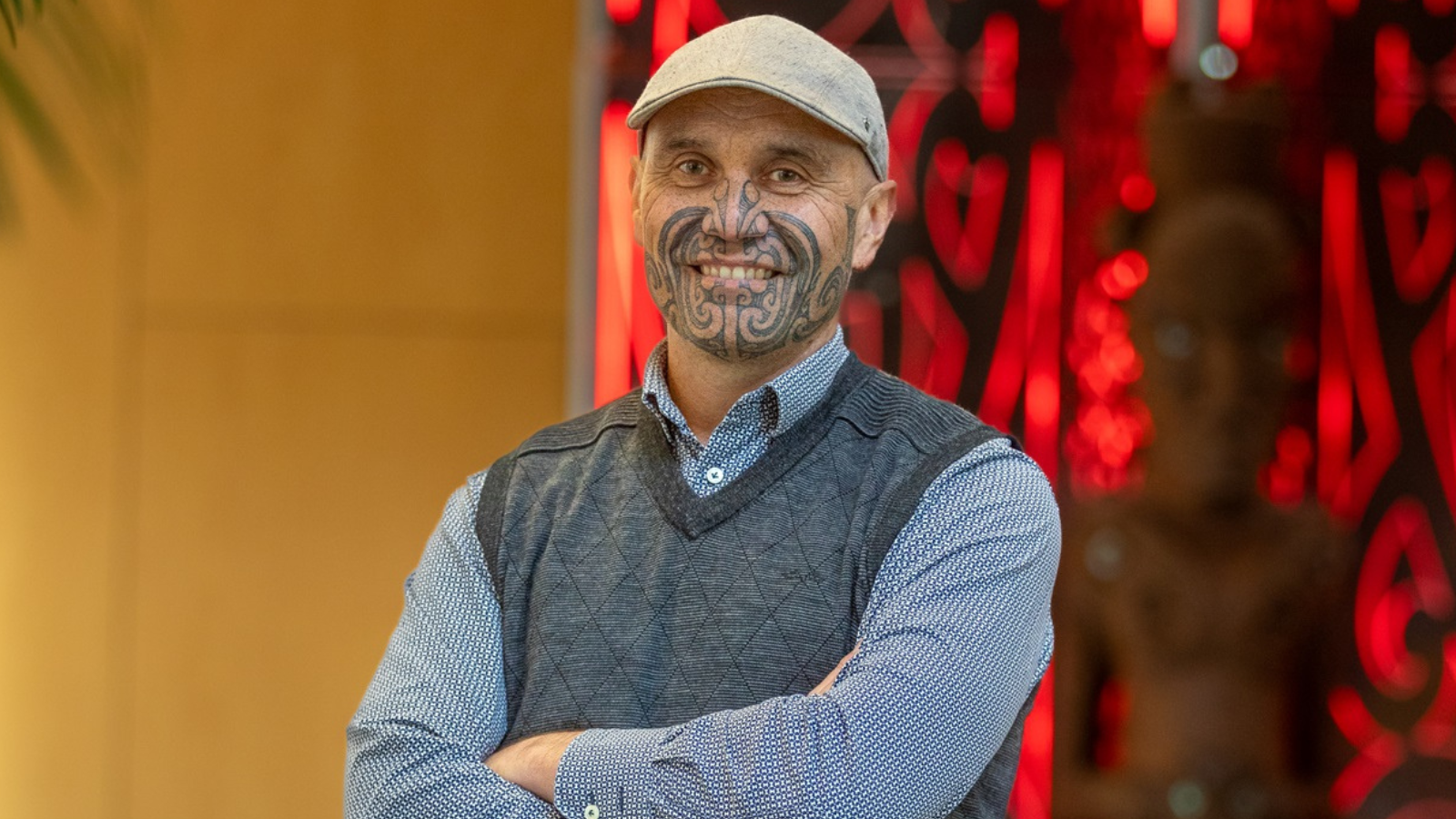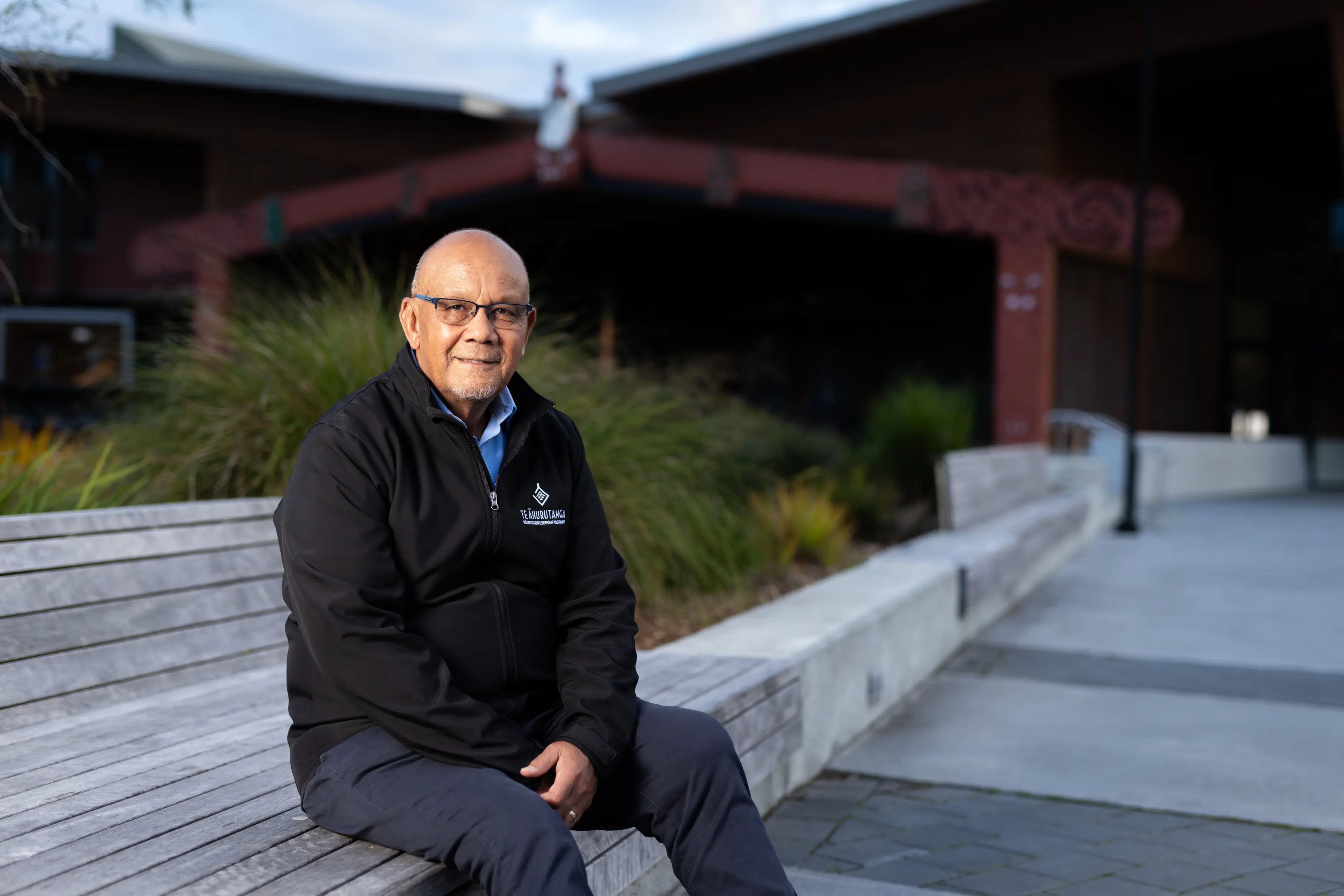The University secured its second-highest allocation to date from the Marsden Fund, administered by the Royal Society Te Apārangi, receiving $7.4 million to support ten groundbreaking research projects.
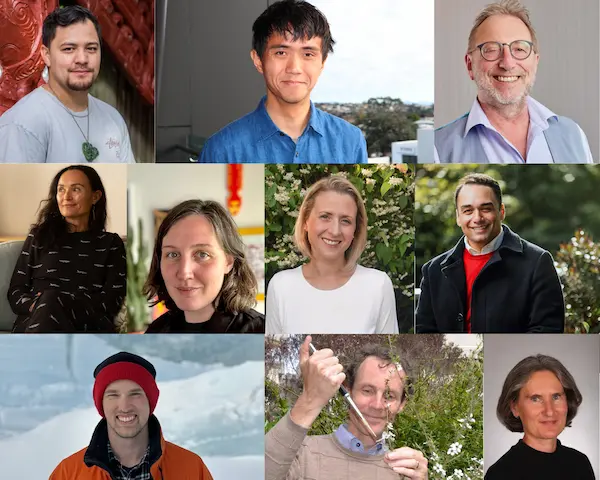
Deputy Vice-Chancellor Research Professor Gary Wilson says New Zealand faces an increasingly competitive research environment and the successful Marsden funding round recognises the calibre of research happening at the University and the impact it is delivering for people, industry, communities and the environment.
“The University of Waikato is committed to research that not only deepens scientific understanding but also contributes to positively changing the economy, society and the environment. "
Deputy Vice-Chancellor Research Professor Gary Wilson.
"At Waikato our researchers connect across disciplines and many of these projects recognise the big challenges society faces cannot be solved in isolation."
Waikato researchers will be exploring projects that support biodiversity and food security, help understand how Earth’s temperature regulates and map how viruses move around the world. Their work will also help support minority and underserved communities, advance Indigenous knowledge including in data sovereignty, explore our connections to culture and place and understand how economic models can support intergenerational wellbeing and sustainability.
“These projects reflect the research excellence across all levels of the University from early career researchers to our more experienced staff. Many of the projects, while led by our researchers, are also collaborative, demonstrating the connections we have with industry, other tertiary researchers in New Zealand and throughout the globe.”
Regarded as the hallmark of excellence for research in New Zealand, the Marsden Fund supports researchers in science, engineering, maths, social sciences and the humanities to explore bold ideas that can have significant impact on the future of their discipline.
Dr Mike Clearwater will study the genetic and environmental factors that regulate nectar flow and composition, critical for attracting pollinators, in a project that could benefit biodiversity, food security, and conservation efforts.
Dr Ririwai Fox, mentored by Professor Bridgette Masters-Awatere, will advance the understanding of Māori cultural embeddedness and how Indigenous people are embedded in their culture by developing a validated Māori Cultural Embeddedness Scale, with a focus on wellbeing and identity.
Dr Terry Isson will lead a study looking Earth's climate history over billions of years using geochemical analysis of ancient minerals to explore how Earth’s natural “thermostat” has regulated surface temperatures maintaining conditions suitable for life on Earth.
Professor Tahu Kukutai with Dr Moana Rarere will redefine Māori historical demography by examining 19th-century Māori population data through a lens of Indigenous data and cultural understanding.
Professor Ian McDonald will research how viruses are dispersed across the globe through atmospheric movement. His study will focus on Antarctica, where the simplicity of ecosystems offers a “microbial laboratory” ideal for understanding viral movement. He will also mentor Dr Stephen Noell who has a Fast Start grant to explore the survival strategies of Cyanobacteria that form the base of the food web in Antarctica.
Professor Les Oxley, with Professor Sandy Morrison and Dr Stephen Tucker, will combine te ao Māori concepts with contemporary economic methods to create a new model of the New Zealand economy that emphasises intergenerational wellbeing and sustainability.
Dr Sam Iti Prendergast, mentored by Dr Charlotte Greenhalgh, will explore 19th century Māori understandings of colonialism. The project engages modern day descendants with ancestral texts to investigate the 21st century relevance of 19th century whakaaro Māori (Māori ideas).
Professor Katrina Roen and Professor Claire Breen will explore ways to safeguard the human rights of intersex individuals, examining social, legal, and health-related perspectives on bodily autonomy and integrity.
Dr Lisa Tompson and Dr Pounamu Jade Aikman with Dr Apriel Jolliffe Simpson and Professor Devon Polaschek will examine crime causation with an Indigenous approach, focusing on rangatahi tāne Māori (young Māori men) affected by crime. They will use the Māori health framework Te Whare Tapa Whā to identify ways of reducing harm within our communities.
Professor Vincent Reid has received a Marsden Fund Council Award for a project he co-leads with colleagues from the University of Otago and the University of Auckland. Their project Kia Tīmata Pai (Best Start study) aims to measure the impact of supporting young children to develop their skills in language and emotional regulation.
The Marsden Fund Council Award supports large interdisciplinary projects with three years' worth of funding, capped at $1 million per year. Read more about Professor Reid's project here.
University staff are also supporting projects led by researchers from other organisations.
Dr Andreea Calude is an associate investigator on a project to study the historical drivers and possible futures of global cultural and linguistic diversity, led by Dr Simon Greenhill and Professor Quentin Atkinson of the University of Auckland.
Dr William Kelton is an associate investigator on a project led by Victoria University of Wellington looking at tools for cell ablation to improve understanding of cell biology.
